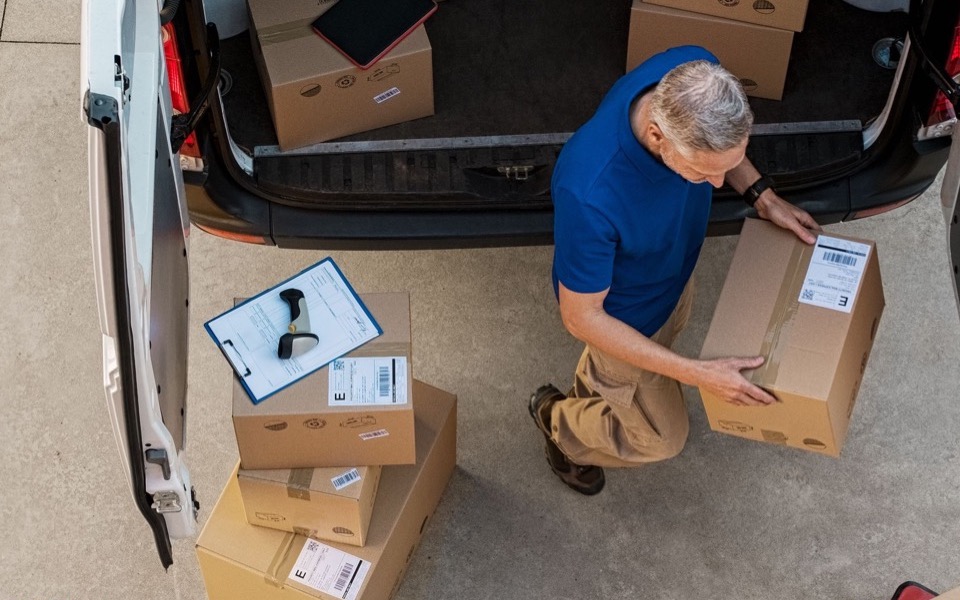A chance for local e-retailers

Changes in the taxation on parcel imports as of this Thursday will not only affect consumers but also the enterprises involved in this market, as the introduction of the regulation for the payment of value-added tax per the destination country’s legislation may well constitute a major opportunity for Greek electronic commerce retailers.
Local players now have the chance to become more competitive in the eyes of Greek consumers, provided that they offer better prices to offset any VAT differences with countries such as Germany, and that they rationalize delivery costs.
Although the numerous Greek consumers buying online already tend to opt for domestic retailers, there are still many users who choose to buy from companies abroad. According to the latest available data by Eurostat, for 2020, 35% of consumers in Greece who bought goods online selected domestic sellers, against a rate of 47% among consumers in the rest of the European Union.
Besides the higher prices one often finds at Greek retailers – higher even than buying a product and having it sent from across the Atlantic – the high costs of shipping are also a problem for local enterprises: The European Commission database reveals that sending a 5-kilogram package within Greece costs an average of 12.50 euros. In Germany this sets buyers back just €5 and in France €7.30. In cross-border transactions the gap is even wider, especially when it comes to forwarding packages by air instead of road.
In Greece this problem stems from the fact that there are relatively few enterprises that offer courier services and send packages abroad, which means that retailers are highly dependent on them.
It is therefore the higher costs and the long delivery times – a problem particularly highlighted during the lockdowns – which constitute the two main concerns Greek consumers have regarding electronic commerce: According to a recent EY report titled “Future Consumer Index 2021,” what annoys Greeks e-shoppers the most is, for 49%, delays in order deliveries, and, for 47%, the high cost of delivery.





